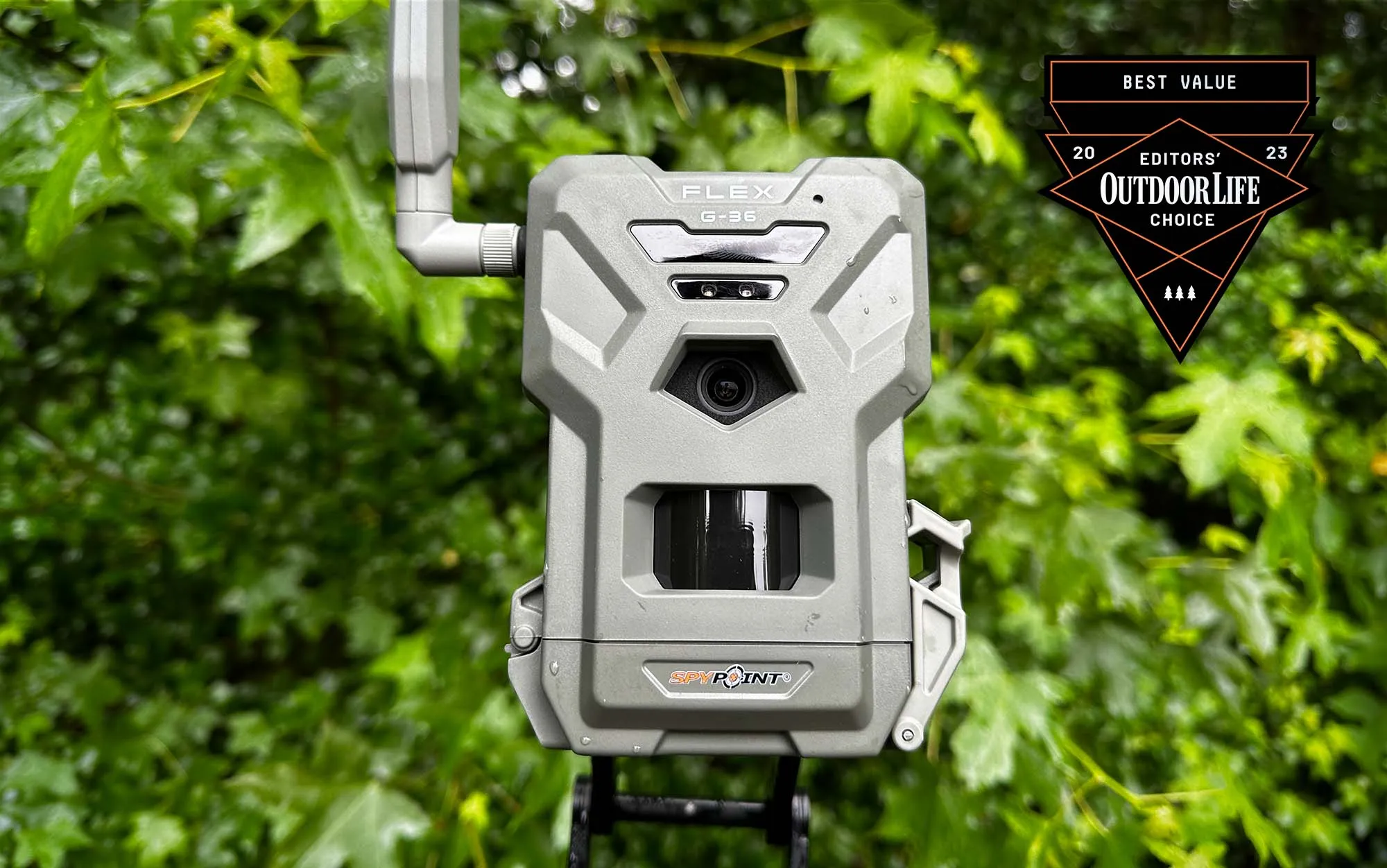Even though studying for a GCSE 9 to 11 English Literature Exam Tips test can be intimidating, you can approach the tests with confidence if you know the appropriate strategies. Whether passing or getting the best marks possible are your goals, these in-depth suggestions will help you perform to the best of your abilities.
Understanding the Format of the Test
Learn the contents of the syllabus.
The first step to properly studying for an exam is understanding the curriculum. Ensure that you are familiar with the works you need to study in addition to the specific subjects, characters, and locations that will be tested. The syllabus often includes a range of poetry, prose, and drama.
Understand the Exam Structure
The formats used by various test boards (such as AQA, Edexcel, and OCR) vary. Learn the amount of sections, the kinds of questions (essays, multiple-choice), and the weight assigned to each section. This will enable you to manage your time during the test effectively.
Practical Study Methods
Engaging Reading and Commentary
Read your assigned texts carefully and participate in the content. Note important details, themes, and character insights in the margins. Emphasize important passages and literary devices. Engaging in active reading facilitates comprehension and eases the process of revision.
Make summaries and mind maps
A great tool for visual learners are mind maps. They assist you in arranging data and identifying links between events, characters, and themes. Reiterating your comprehension of each chapter or scene in your own terms also helps.
Practice Exam Papers
Exam practice with old papers is one of the best ways to get ready. This helps you get acquainted with the formats of the questions and the time limits. It also aids in pointing up areas that require more research.
Acquiring Proficiency in Literary Analysis
Recognize Important Literary Devices
Make sure you understand literary devices like alliteration, metaphor, simile, and symbolism. Understanding these devices in your texts and how to recognize and evaluate them will improve your exam responses.
Boost Your Capabilities in Analysis
Don’t stop at superficial interpretations. Examine the text’s underlying ideas, meanings, and ramifications. Consider the author’s motivations when selecting a certain device or method of character presentation.
Make Effective Use of Evidence
Provide thorough textual proof and pertinent quotes to back up your arguments. This supports your claims and shows that you comprehend them. Make sure you discuss the relevance of each quote to your argument and its significance.
Composing Superior Essays
Arrange the Content of Your Essays
Plan your essay for a few minutes before you begin writing. List the key points you will be making and the supporting details you will be providing. Having indícame el camino a la tienda de alimentos más cercana a well-defined outline guarantees that your essay follows a logical framework and addresses all relevant topics.
Remain Aware of the Question
Remember the exam question at all times. Though it’s simple to stray, make sure each paragraph answers the question in its entirety. Take cues from the question’s wording to help you organize your essay.
Write Powerful Conclusions and Introductions
Your opening should include a synopsis of your primary arguments and a brief summary of the topics you will cover. Your main ideas should be restated in the conclusion, along with how they further your position. Both ought to be precise and succinct.
Time Administration In the Exam
Manage Your Time Well
Allocate your time based on the grade points that each section is worth. Give an essay 40% of your time if it’s worth 40% of the exam. At the end, give yourself some time to go over your responses.
Respond to all inquiries
Even if you’re not confident of the answer, make sure you try answering every question. Since incomplete replies can still be marked, it is preferable to write anything rather than leave a question blank.
Be calm and concentrated.
Exams demand calmness even if they might be somewhat stressful. Breathe deeply several times and focus anew if you find yourself feeling overloaded.
Remember that you prepared for this.



